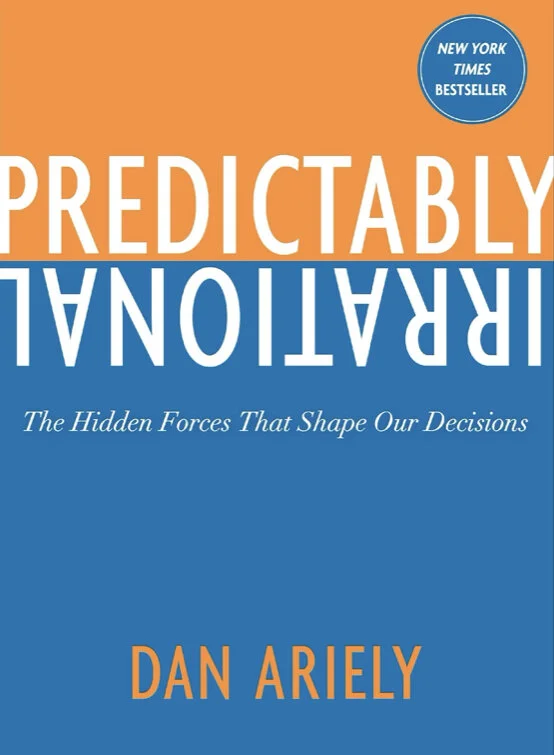“After parsing out the money and ego-stuff, it really comes down to the fact that I have things I need to share about the human experience. I want to take what I have learned or felt or experienced and help people by sharing it.”
If fractured instrument could not be retrieved, but was bypassed, would success rate be affected?
How reliable are CO2 vitality tests? Is it too subjective considering patient’s response? Is CO2 test definitive when it comes to endodontic treatment decision?
Provided that the tooth is completely asymptomatic after obturation, how long should we wait before a crown is placed?
If the tooth is completely asymptomatic but still has apical radiolucency, should canal be obturated? If yes, when should the tooth be crowned?
Have you ever had a patient reporting complete lip numbness, but when you start drilling they just jump through the roof?
Have you ever had clamps that just don’t want to stay where you put them? and at times, ping… they are flying out of patient mouth… (en masse ;) Taking X-ray while rubber dam is in place is awkward. Is there a better way?
Crown removal by crown sectioning takes forever. Trying to cut just a crown but not tooth structure or trying not to damage gingival tissues when the bur’s getting close to crown margin is very stressful. Is there a better way.?
Surveillance systems have been adopted enthusiastically by universities, yet the debate on their pros and cons has been lacking.
Is current scientific research architecture up to the new challenges?
How accurate are scientific reports?
What was good for us yesterday is useless or even bad for us today and may be good for us again tomorrow. We see this in the evening news or popular media channels all the times. How should we deal with this?
“All results were not stat sig; I didn’t find anything; It’s been a total waste.” says disheartened PhD students after long and arduous experiments. Is it true that studies that fail to reach statistical significant amount to nothing?
A postgraduate once asked ‘why do I need to do a research project?’ when I don’t want to be a researcher. I just want to be a good clinician.
“Books made life interesting.”
By
Michael Wooldridge
If you want to understand what’s all the fuss about AI in the news, read the book.
By
David Halpern
Novel ideas vs Real-world problems. Unexpectedly fun and useful read.
By
Jonah Berger
Everyone wants to change someone’s minds sometimes. This is a book about change; it is, therefore, for everyone.
By
Yuval Noah Harari
A critical analysis of the technological impacts on society, culture, politics and economy.
by
James Wise
Probably one of the clearest and the most comprehensive explanation of cycle of coups in Thailand.
by
Jared Diamond
How humans evolved to be so different from other animals, despite sharing over 98% of our DNA with our closest animal relatives, the chimpanzees.
by
Daniel Susskind
When machines replace people, how would that affect us mentally, socially and politically? A comprehensive look at a future where there’s less or no work for us and what we can do about it.
by
Robert Grimes
Why flawed logic puts us all at risk, and how critical thinking can save the world.
by
James W. Loewen
Understanding our past is central to our ability to understand ourselves and the world around us. We need to know our history.
by
Malcolm Gladwell
Why do some people achieve so much more than others? Can they lie so far out of the ordinary? These are the main questions the book tried to answer.
by
Richard Layard
We overly focus on proxy measures (e.g. GDP) and overlook the meaningful measures (e.g. happiness).
by
Drs. HG Welch, LM Schwartz, and S Woloshin
A counter-intuitive outlook of healthcare technologies.
by
Nate Silver
Evolutionary instincts sometimes lead us to see patterns when there are none. We tend to find patterns in random noise.
by
Larry Young & Brian Alexander
Is it possible that our feelings, our urges, our morality or the lack thereof can be explained by variations of chemicals in our bodies?
by
Dan Ariely
What we think of ourselves and what we really are, interestingly, are not the same.
edited by
Jared Diamond & James A. Robinson
What do case control studies have anything to do with the study of history?
by
Jennifer LaGarde & Darren Hudgins
By
Robert Reich
Current capitalism is unsustainable. The book outlined why and offered policy ideas that would improve the situations.



























































































How do we make decision with imperfect information?